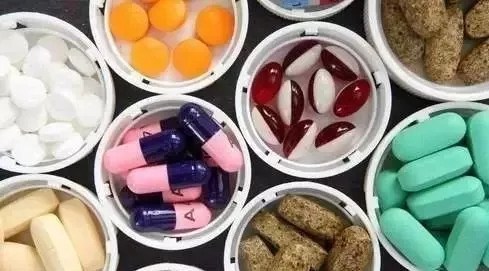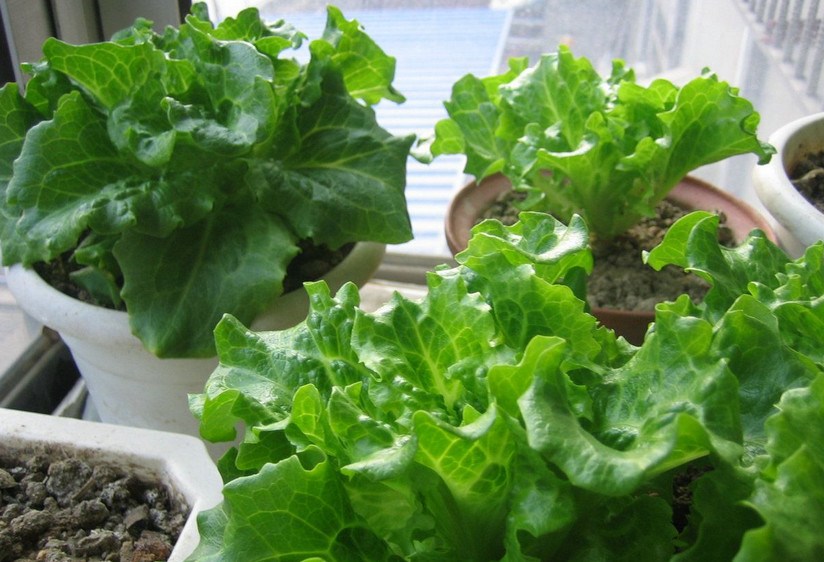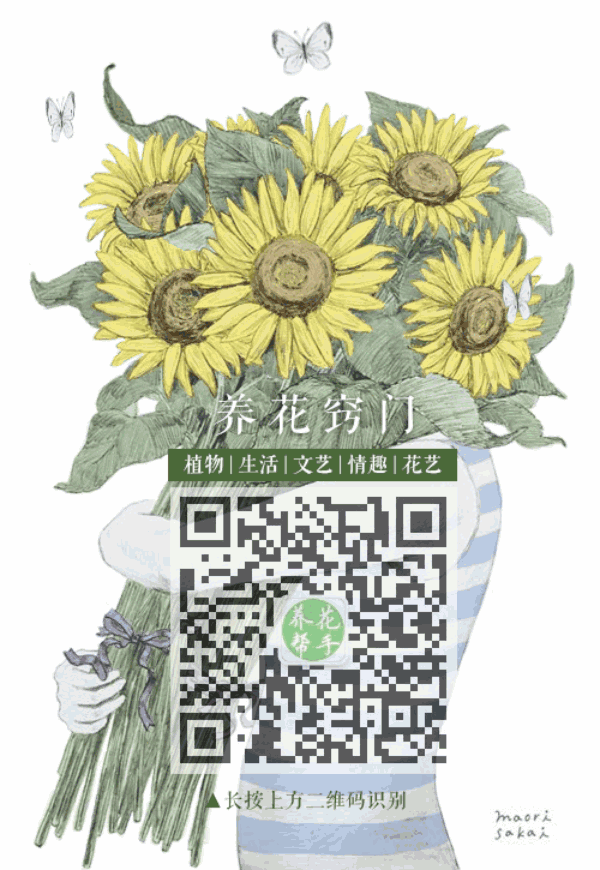Taking it when taking medicine is tantamount to taking a serious poison. This list of contraindications on medication should have been in hand.

Taking medicine when you are sick is to make the medicine work best and help the body recover.
However, the medicine is not just to swallow it, the method of taking medicine is very knowledgeable.
According to the Yangcheng Evening News, at least 200000 people die from improper drug use in China every year.
This is not to scare people, this only has one life, it is a pity to die because of taking medicine.
Professor Zhang Jichun, 70-year-old pharmaceutical expert and chief pharmacist of Peking Union Hospital.
Several examples were given in the training on safe drug use:
An unwashed cucumber caused diarrhea and was in a hurry to use an antidiarrheal, resulting in death. when the half-year-old son coughed, the father took half of the codeine he used to grind it and fed it to the child, causing the child to die of respiratory inhibition. (according to Beijing Youth Daily)
Therefore, it is very important for all of us to understand what can not be eaten when taking drugs, which can not only prevent drugs from reducing their efficacy, but also prevent reactions between drugs and food, causing poisoning!
one
Stomach medicine
[smoke]
Most drugs for the treatment of gastric ulcers are acid suppressants, such as prazole drugs, and nicotine in cigarettes will decrease the PH value of gastric acid, resulting in a decrease in the effective concentration of acid suppressants, affecting the efficacy of drugs.
At the same time, these drugs are required to be taken on an empty stomach, while smoking will constrict blood vessels, delay gastric emptying time, slow down the rate of drug absorption in the small intestine, thus affecting ulcer healing.
[vinegar]
Vinegar is an acidic seasoning, most avoid taking with alkaline drugs, such as anti-gastric acid drugs, such as Weishuping, Daxi and so on. Its main components are sodium bicarbonate, calcium carbonate, aluminum hydroxide and other alkaline substances. Eating vinegar and other acidic foods before and after taking medicine, the two are easy to neutralize and counteract the efficacy.
[milk]
Bismuth, a gastric mucosal protective agent, can form a protective film under the action of gastric acid and promote the repair and healing of ulcer tissue. Milk contains protein, fat and so on, which will hinder the formation of bismuth protective barrier and affect the efficacy of drugs.
[tea]
Digestive drugs such as pepsin, amylase, trypsin, yeast tablets, lactase and other enzymes belong to protein compounds with unstable properties. Polyphenols in tea are easy to combine with biological enzymes to reduce enzyme activity and drug efficacy.
two
Traditional Chinese medicine nemesis
[sugar]
Unless specifically told by the doctor, you can't eat sugar when you take traditional Chinese medicine. For example, some stomach-invigorating herbs rely on bitter drugs to stimulate the digestive glands to promote the secretion of digestive juices to achieve the therapeutic effect.
The complex chemical components of traditional Chinese medicine, such as proteins and tannins, can react with sugars, especially brown sugars containing iron, calcium and other elements, so that some effective components in the medicine are solidified, denatured, turbid and precipitated, which not only affects the efficacy of the medicine. it's also harmful to health.
[radish]
Nourishing traditional Chinese medicine through replenishing qi, and then nourishing the whole body qi and blood yin and yang, and radish has the effect of breaking qi, will greatly weaken the nourishing effect, so avoid eating radish during taking nourishing traditional Chinese medicine.
[tea]
Tonifying traditional Chinese medicine mostly contains saponins, and tannic acid in tea combines with ginsenosides, pilose antler saponins and other effective components to produce precipitation, destroying the effective ingredients of tonics. In addition, the decoction containing Coptis chinensis, Cortex Phellodendri, Ephedra, Yuanhu, Fangji and other traditional Chinese medicine taken together with tea will also reduce the efficacy.
three
Sleeping pill nemesis
[strong tea, coffee]
The caffeine in tea and coffee is excitatory, and sleeping pills (diazepam, nitrazepam, chloral hydrate, phenobarbital, etc.) are sedative and sleeping, and they have opposite effects and must not be used together. Of course, in addition to coffee, strong tea, other drinks that contain exciting nerve ingredients should not be drunk.
four
Antipyretic analgesic nemesis
[coffee]
If you are taking antipyretic analgesics such as ibuprofen and Fenbid, do not drink coffee, because these antipyretic analgesics stimulate gastric mucosa, while the caffeine in coffee stimulates gastric acid secretion and aggravates irritation to gastric mucosa. both can cause gastric bleeding and gastric perforation.
[aspirin-wine, fruit juice]
After entering the human body, alcohol needs to be oxidized to acetaldehyde, and then further oxidized to acetic acid. Aspirin hinders the oxidation of acetaldehyde to acetic acid, resulting in the accumulation of acetaldehyde in the human body, which not only aggravates fever and systemic pain, but also easily causes liver injury. On the other hand, fruit juice will aggravate the stimulation of aspirin on gastric mucosa and induce gastric bleeding.
[ibuprofen-Coffee, Coke]
Ibuprofen (Fenbid) is irritating to gastric mucosa. Caffeine in coffee and cocaine in cola can stimulate gastric acid secretion, so it will aggravate the toxic and side effects of ibuprofen on gastric mucosa, and even induce gastric bleeding and gastric perforation.
five
Antihypertensive drug nemesis
[salt]
Hypertension is a disease caused by excessive sodium in the body, which leads to the retention of water and sodium. Therefore, the essence of hypertension treatment is sodium excretion and drainage. Antihypertensive drugs can indeed get a certain amount of sodium out of the body, but if you eat too salty and eat a lot of sodium during the medication, the antihypertensive drugs will be "too busy" and the blood pressure will probably "jump up and down" and be poorly controlled.
[grapefruit]
Grapefruit contains a chemical called furan coumarin, which can affect the function of an enzyme in the human liver, which greatly reduces the metabolic effect of this enzyme on drugs, resulting in an increase in blood concentration in the body.
At the same time, naringenin, another ingredient in grapefruit, accelerates the absorption of drugs in the intestinal tract. If the drug is absorbed too quickly and the metabolism is too slow, it will lead to too high drug concentration in the blood.
If you take antihypertensive drugs and grapefruit at the same time, or the interval between the two is too close, the symptoms are often some reactions to drug overdose, including a drop in blood pressure, a slower heart rate, and even severe shock. Therefore, doctors suggest that during taking antihypertensive drugs, it is best not to eat grapefruit or drink grapefruit juice.
[coffee]
When taking hydrochlorothiazide, furosemide and other antihypertensive diuretics, drinking diuretic coffee will increase the diuretic effect and easily cause excessive loss of sodium ions in the body.
six
Cold medicine
[dessert]
Eating too many sweets will cause a large amount of sugar to enter the bloodstream, and the body will consume a lot of vitamins, especially B vitamins, in order to metabolize these sugars, resulting in a reduction or even lack of vitamins in the body. most of these vitamins are involved in the metabolic process of nutrients in the body, resulting in eating more sweets and making the patient's appetite worse.
In addition, after the sugar in sweets enters the human body, it can promote the secretion of cortisol, and cortisol has an inhibitory effect on the immune system. In addition, in the process of metabolism, these sugars will produce a large number of acidic substances such as pyruvate and lactic acid, which will greatly reduce the resistance of the body. At the same time, sweets will also increase the viscosity of sputum, which is not conducive to rehabilitation.
Experiments have shown that when taking cold medicine containing acetaminophen on an empty stomach, it generally takes only 20 minutes to reach the highest blood concentration, while when there are sugars in the stomach, the absorption of the drug will be delayed for 2 hours, affecting its effect. So don't take sweets and sweet drinks when you catch a cold.
seven
Antibiotic nemesis
[soy sauce]
Soy sauce is generally made from soybean and is rich in calcium, magnesium and other metal ions. It is easy to combine with tetracyclines and other antibiotics to form a conjugate that is not easy to be absorbed by the stomach and intestines, which greatly reduces the antibacterial effect.
[milk]
Some antibiotics, such as tetracyclines, can form chelates with calcium ions in milk, which are not easily absorbed by the intestines and reduce antibacterial efficacy.
[vinegar]
Some antibiotics, such as gentamicin, kanamycin and erythromycin, are easy to degrade or not dissolve in acidic environment, thus reducing the efficacy.
[fruit juice]
Fruit acids rich in fruit juices (especially fresh juices) will accelerate the dissolution of antibiotics, not only reduce efficacy, but also produce harmful intermediates and increase side effects.
eight
Anti-allergy drug nemesis
[meat, dairy products]
Spring is the season of high incidence of allergies, many people began to take anti-allergy drugs, such as chlorpheniramine, diphenhydramine. It must be noted that during taking anti-allergy drugs, try not to eat or eat less meat products, dairy products and other foods rich in histidine.
Because histidine will be converted into histamine in the body, and anti-allergic drugs inhibit histamine decomposition, resulting in histamine accumulation, causing dizziness, headache, palpitation and other uncomfortable symptoms.
nine
Antidiarrheal nemesis
[milk]
Take antidiarrheal drugs, do not drink milk. Because milk not only reduces the efficacy of antidiarrheal drugs, its lactose ingredients are also easy to aggravate diarrhea symptoms.
[berberine-tea]
Tea contains about 10% tannin, which is decomposed into tannic acid in the human body, which precipitates alkaloids in berberine, greatly reducing its efficacy. Therefore, do not drink tea within 2 hours before and after taking berberine.
ten
Active enzyme drugs
[hot water]
Active enzyme drugs are mainly the effective components of digestive drugs such as multi-enzyme tablets, which are coagulated and denatured after hot water, losing their due digestive effect, so it is best to use low-temperature water when taking multi-enzyme tablets.
eleven
Other common drugs
[milk-cardiotonic]
Cardiotonic drugs, such as digoxin and digitalis glycosides, are used to treat chronic heart failure. When taking drugs, if you drink a large amount of milk at the same time, the calcium ions in the milk can increase the toxicity of these drugs, and even accidents occur.
[milk-- medicine containing iron]
A drug that contains iron. Calcium ions in milk can compete with iron in the duodenal absorption site, reducing iron absorption and reducing the curative effect.
[milk-anti-Parkinson's drug]
Anti-Parkinson's drugs, such as levodopa. Milk can be decomposed into a large number of amino acids in the intestines, which will reduce the intestinal absorption of levodopa and reduce the curative effect.
[tea-a drug for anemia]
Drugs for the treatment of anemia (ferrous sulfate), calcium agents zinc gluconate sulfate, calcium gluconate, and aluminum hydroxide for the treatment of gastric ulcers all contain metal ions, which may react with tannic acid in tea, reduce the efficacy, and stimulate the gastrointestinal tract. Cause abdominal pain and constipation.
twelve
All the drug buster
[wine]
In traditional Chinese medicine, wine is used as medicine, but this is completely different in western medicine. It can be said that wine is the "biggest nemesis" of all western medicine!
[smoke]
Many people don't know that you can't smoke for 30 minutes after taking any medicine. Because nicotine can accelerate the degradation of drugs in the liver, resulting in insufficient drug concentration in the blood, it is difficult to give full play to the efficacy of the drug. The experiment confirmed that when smoking within 30 minutes after taking the drug, the blood concentration decreased to about 1max 20 when it was non-smoking.
- Prev

These potted vegetables grow very fast, and now they are easy to grow on the table after 30 days.
There are still many choices for growing vegetables on the balcony, but in order to eat fresh vegetables at any time, especially when the balcony space is limited, we have to choose some vegetables that grow fast and grow well, such as the following, which are all suitable for potted plants.
- Next

Don't use this kind of kettle for the sake of health. Look.
Play it (put it in your circle, will your friends appreciate that you like this article? Share it now and let more people know! The content of this site is rich, extensive and profound, editors select daily hot information, update at any time, click "grab."
Related
- Wuhan Hospital Iron Tree Blooming Result Was Instantly Frightened by the Gardener Master
- Which variety of camellia is the most fragrant and best? Which one do you like best?
- What is the small blue coat, the breeding methods and matters needing attention of the succulent plant
- Dormancy time and maintenance management of succulent plants during dormancy
- Minas succulent how to raise, Minas succulent plant pictures
- What are the varieties of winter succulent plants
- How to raise succulent plants in twelve rolls? let's take a look at some experience of breeding twelve rolls.
- Attention should be paid to water control for succulent plants during dormant period (winter and summer)
- Watering experience of twelve rolls of succulent plants
- Techniques for fertilizing succulent plants. An article will let you know how to fertilize succulent plants.

